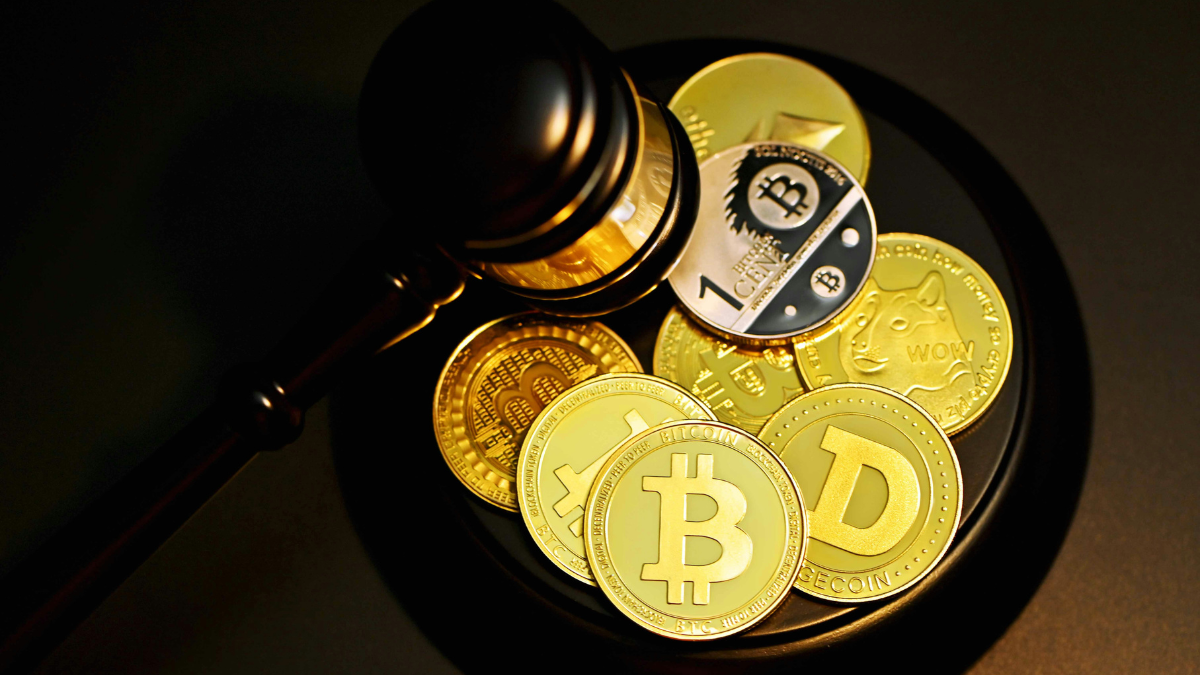Copyright gadgets360

In a landmark decision that could reshape India's digital finance landscape, the Madras High Court has officially recognised cryptocurrency as property under Indian law. Judge N. Anand Venkatesh's decision, which gives India's growing cryptocurrency ecosystem a much-needed legal clarity, rules that digital assets like Bitcoin, Ethereum, and XRP can be owned, transferred, and held in trust. The judgment marks the first time an Indian court has directly classified cryptocurrency as a form of property, giving investors and businesses a firmer legal footing for transactions and dispute resolution. Madras High Court Ruling Brings Legal Clarity to Digital Assets in India The case that led to this ruling, Rhutikumari V. Zanmai Labs Ovt. Ltd (WazirX), involved a dispute over 3,532.30 XRP tokens allegedly transferred without authorisation from the petitioner's account on the WazirX exchange. The petitioner asked the court to recognise cryptocurrencies as property with legal protections to obtain judicial protection for her holdings. In his judgment, Justice N. Anand Venkatesh ruled that while cryptocurrency is not legal tender, it possesses the essential characteristics of property as it can be owned, transferred, and held in trust. Furthermore, the court issued a temporary order that prohibited the contested assets from being transferred or dissolved in any way. For Indian investors, this ruling provides stronger legal protection. It clearly establishes ownership rights and enables investors to seek legal recourse in cases of fraud, misuse, or exchange failures. Since exchanges will now have to adhere to stricter standards of transparency and custodial responsibility, just like traditional financial institutions, this development is anticipated to boost investor confidence in the market. Japan Enters Stablecoin Race With Launch of Yen-Pegged JPYC Edul Patel, CEO of Mudrex, said the judgment marks a win for investor safety and signals the need for a balanced approach to regulation. “Moving forward, India's regulatory approach will need to find a balance between investor protection and technological advancement. A nuanced framework that differentiates between tokens used for governance, payments, or innovation will be essential to support responsible growth and position India as a forward-looking participant in the global digital economy,” Patel told Gadgets 360. Avinash Shekhar, Co-Founder and CEO of Pi42, told Gadgets 360 that the ruling reflects a maturing perspective on digital assets within India's financial system. “ It suggests a maturing perspective on this evolving asset class and indicates that cryptocurrencies are beginning to be seen as having legitimate economic relevance within existing legal and financial frameworks. While it does not change the current regulatory landscape, the ruling could help create a more informed environment for investors and market participants,” Shekhar explained. Legal expert Chandan Goswami, Partner at AT& Partners, noted in a LinkedIn post that while the decision is groundbreaking, it may still face scrutiny. “The ruling is not bulletproof. It could face scrutiny before the Supreme Court on several grounds. For instance, one may argue that the HC overstepped its jurisdiction by entertaining a Section 9 petition despite a foreign seat (read BALCO judgement) [...] How firmly it holds will depend on what the Supreme Court does if the order is challenged,” Goswami said.Bitcoin Surges Past $115,500 As Market Optimism Builds Ahead Of Fed Meet The Madras High Court's ruling represents a turning point in India's legal treatment of cryptocurrencies by bringing the country into line with nations like Singapore, the UK, and the US, where digital assets are acknowledged as property. However, questions remain about its long-term implications and whether the Supreme Court will uphold the interpretation. While some industry experts see the decision as a sign of maturity and advancement for India's digital asset ecosystem, others warn that the lack of a comprehensive regulatory framework may make legal recognition inadequate to guarantee market stability or investor safety. Cryptocurrency is an unregulated digital currency, not a legal tender and subject to market risks. The information provided in the article is not intended to be and does not constitute financial advice, trading advice or any other advice or recommendation of any sort offered or endorsed by NDTV. NDTV shall not be responsible for any loss arising from any investment based on any perceived recommendation, forecast or any other information contained in the article.



